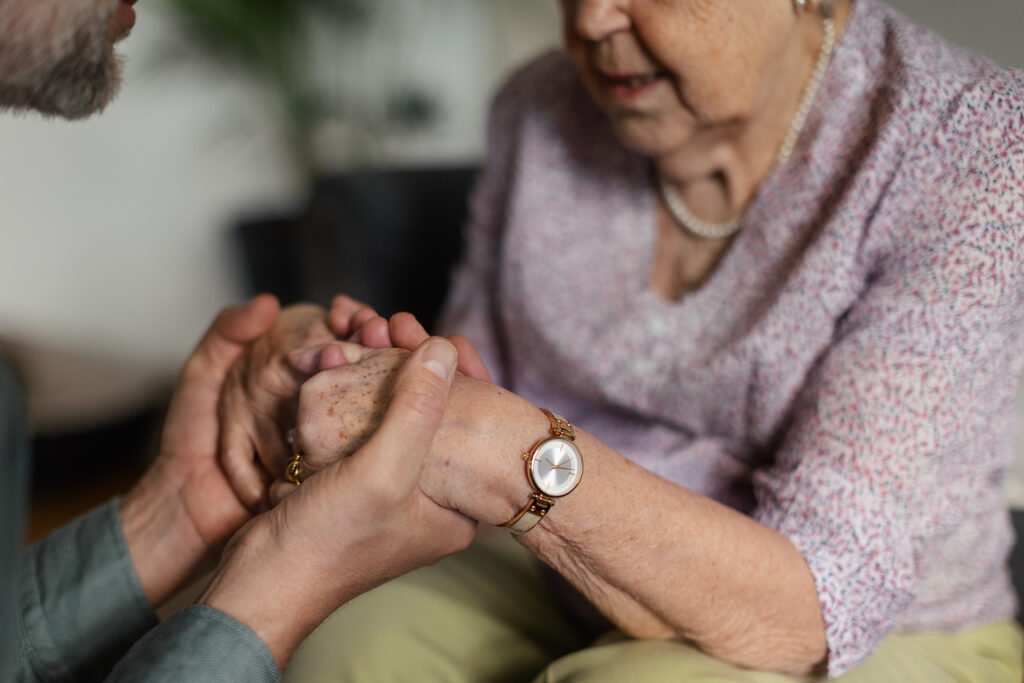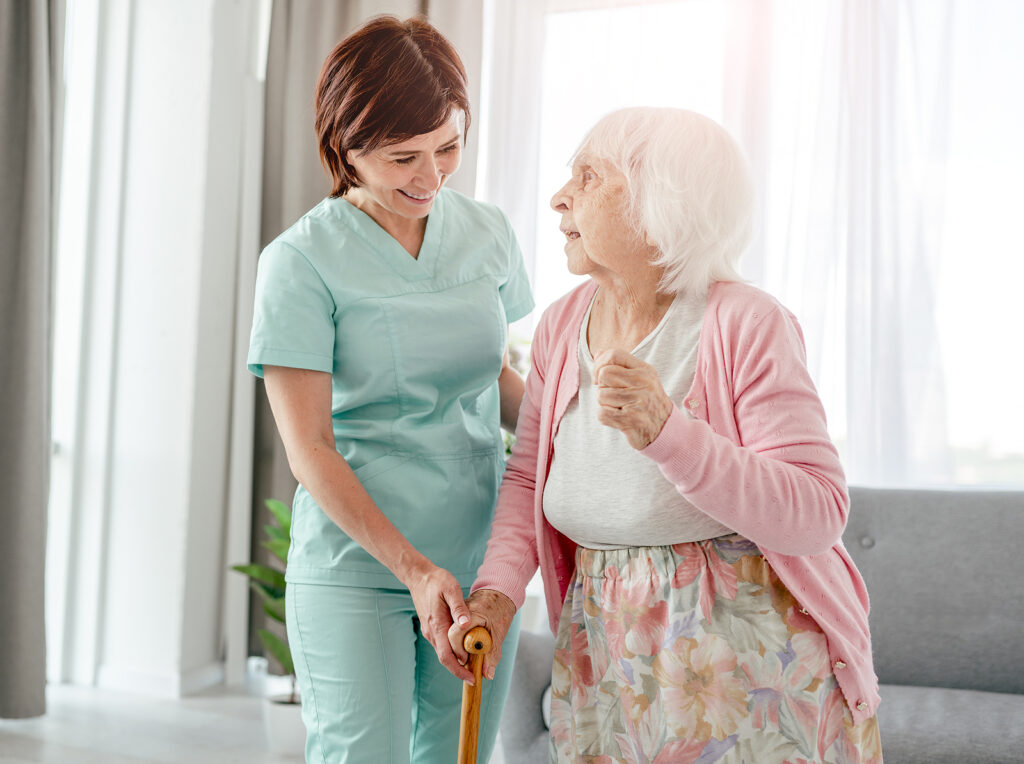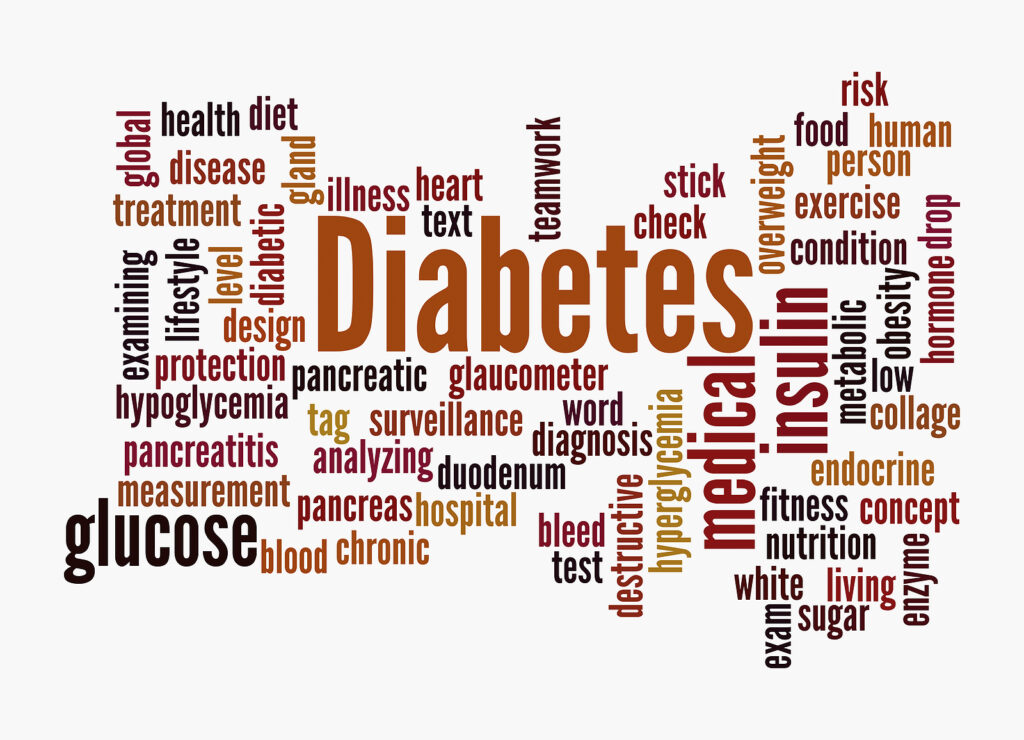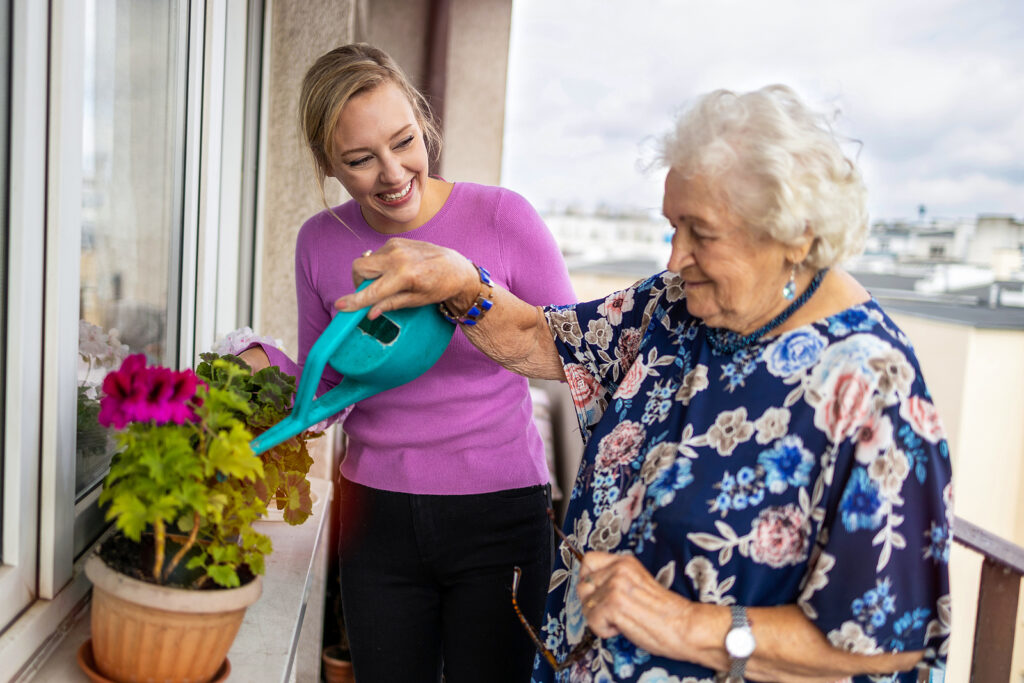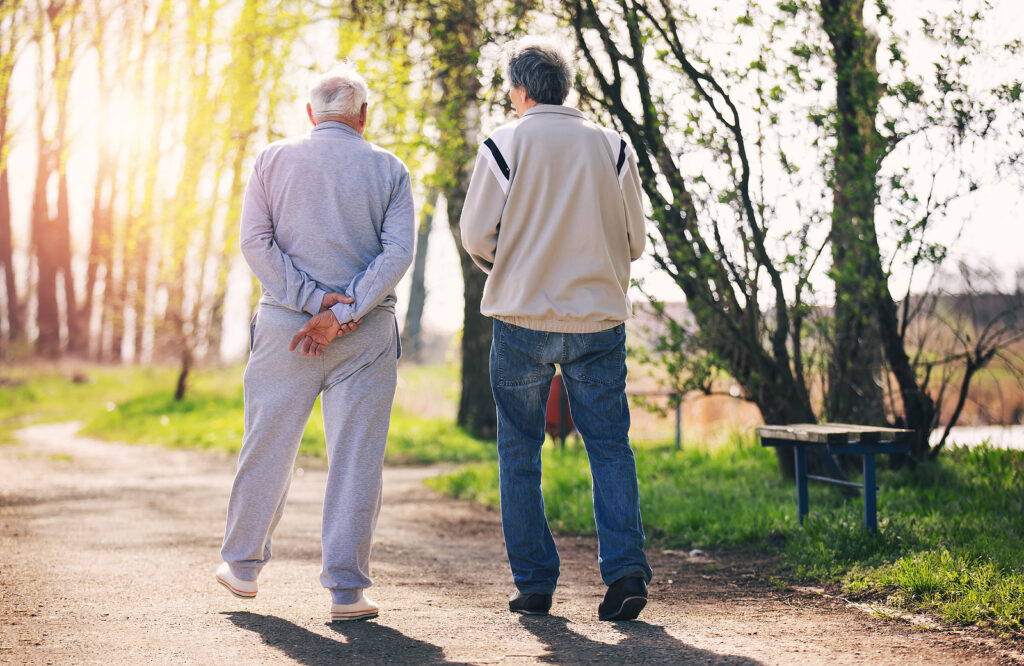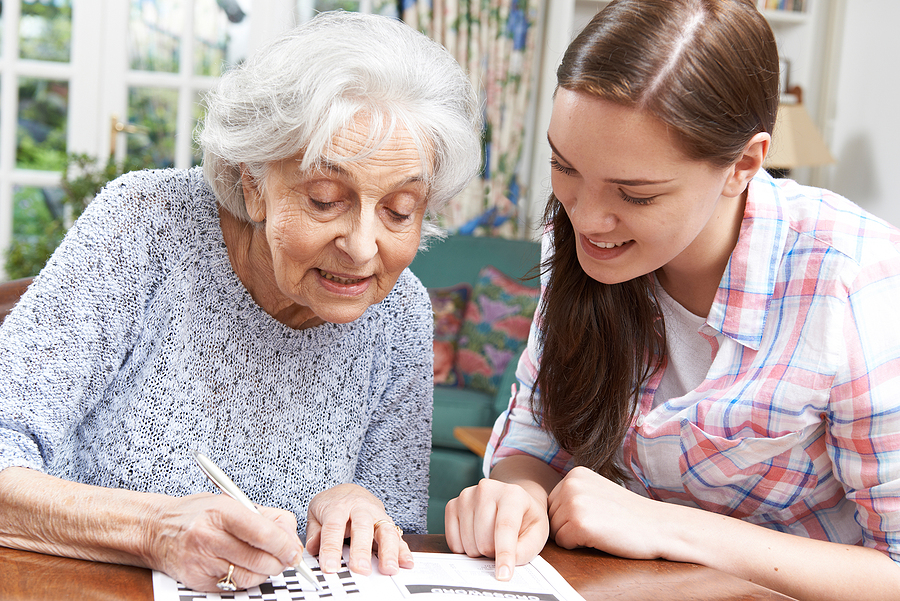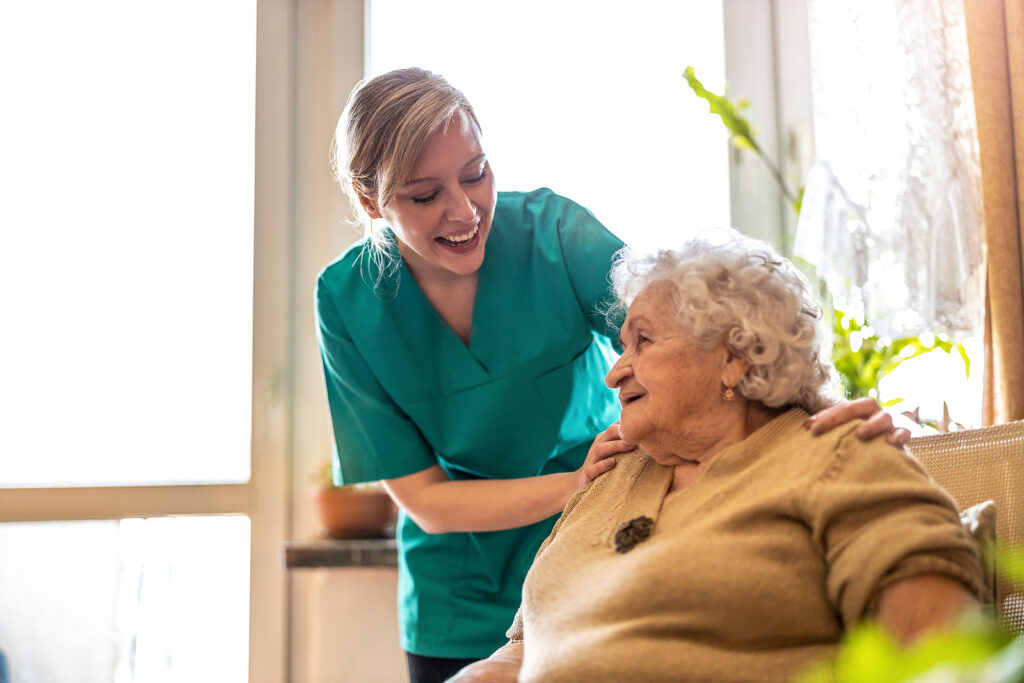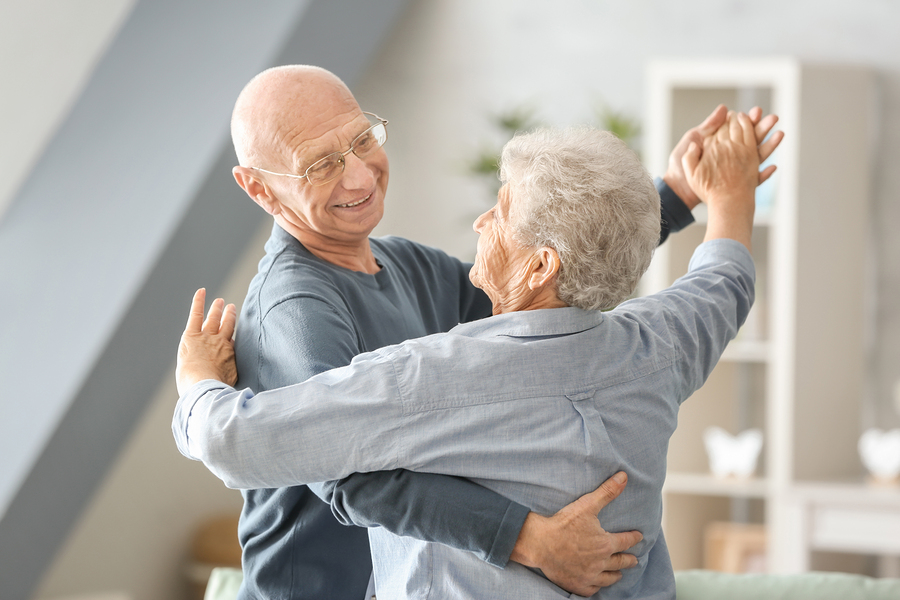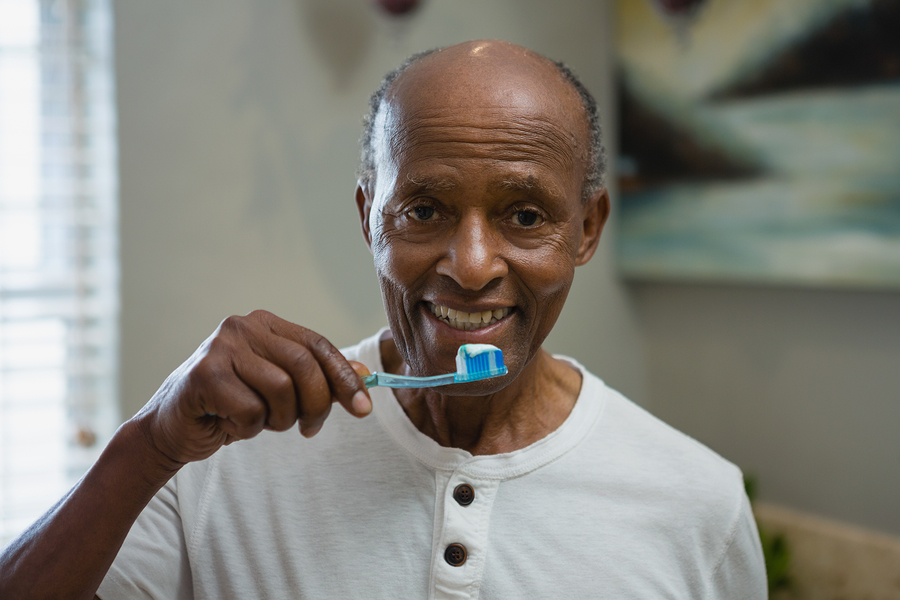Early Signs Of Parkinson’s Disease To Watch For
Parkinson’s is a progressive neurological disease that has debilitating symptoms. It can also cause dementia that is similar to the dementia caused by Alzheimer’s. There is no cure for Parkinson’s disease. But, catching it early and starting treatment right away can slow down the progression of the disease.
Seniors who develop Parkinson’s disease may be able to continue living at home as their disease progresses if they have senior home care. With senior home care, seniors who have a variety of disabilities or disabling conditions can continue living at home as they get older.
The most common early symptoms of Parkinson’s disease in seniors are:
Tremors
Tremors, or shaking, often begin in one hand or finger and may be most noticeable when the hand is at rest. The tremor typically appears as a rhythmic back-and-forth motion. Tremors can be caused by other medical problems too, so if your senior parent is starting to have tremors they should be checked out by a doctor.
Bradykinesia
Bradykinesia refers to slowness of movement. People with Parkinson’s disease may experience a gradual decrease in the speed and fluidity of their movements. This can affect various activities, such as walking, dressing, or performing fine motor tasks. If you notice that your senior parent seems to be moving in slow motion that could be Bradykinesia.
Muscle Rigidity Or Inability To Control Muscles
Stiffness or rigidity in the muscles is a common symptom of Parkinson’s disease. This stiffness can occur in any part of the body and may cause discomfort or pain. Seniors who complain of stiff or painful muscles or who seem to be having trouble controlling their muscles should see a doctor.
Balance Issues
As Parkinson’s disease progresses, seniors may experience difficulty maintaining balance and posture. They may feel unsteady on their feet or have an increased risk of falls. If your senior parent mentions that they feel off balance or if they start to fall more often they should be screened for Parkinson’s disease.
Changes in Handwriting
Parkinson’s disease can even affect the way your senior parent writes. Seniors with Parkinson’s may notice that their handwriting becomes smaller and more cramped over time. This change, known as micrographia, often becomes more pronounced as the disease progresses. A good way to check if your senior parent may have Parkinson’s is to ask them to write something. Then compare that to something they wrote years ago to see if the handwriting looks different.
Not Being Able To Swing Arms
A decrease in the natural swinging motion of the arms when walking is another early sign of Parkinson’s disease. This symptom is often more noticeable on one side of the body. Pay attention when your senior parent is walking to see if their arms are swinging naturally as they walk. If not, they should be seen by a doctor.
Masked Face
People with Parkinson’s disease may develop a fixed or expressionless facial expression, often referred to as a “masked face.” This lack of facial expression can make it difficult for others to interpret their emotions.
Soft Speech
Parkinson’s disease can affect the muscles involved in speech production, leading to softer or more monotone speech. Some individuals may also experience slurring of speech or difficulty articulating words clearly.
Sources:
https://www.webmd.com/healthy-aging/what-to-know-about-parkinsons-symptoms-in-adults
https://www.parkinson.org/understanding-parkinsons/statistics
https://parkinsonsdisease.net/elderly-population
If you or an aging loved one is considering senior home care in Manhattan, NY, please contact the caring staff at Touching Hearts at Home – Manhattan, Brooklyn, Westchester, Queens, Rockland today. 646-480-6266
You may also like:
Sun Protection and Seniors
Companion Care at Home in Park Slope NY: Summer can be a tough time for seniors to do certain activities.…
Recognizing the Warning Signs of Diabetes in Seniors
Home Care Assistance in Mamaroneck NY: Detecting diabetes earlier can help avoid consequences like heart disease and cognitive decline.
Why Seniors Living At Home Need 24-Hour Home Care
24-Hour Home Care in New York City NY: If your senior wants to age in place, but you’re concerned about…
Four Great Spring Outdoor Activities for Seniors
Home Care in Upper East Side NY: Finding something your elderly loved one will enjoy is the key to getting…
How Many Steps Should Seniors Walk to Be Healthier?
Walking is fantastic exercise for people of all ages, including seniors. But there is a lot of confusion about how…
Boost Brain Power During American Crossword Puzzle Week
Companion Care at Home in Brooklyn NY: Here are a few things to know about how crossword puzzles benefit brain…
What Are the Benefits of Seniors Aging in Place?
For so many seniors, aging in place is the only way they want to move forward in terms of their…
Out-of-the-Box Ways to Help Seniors Boost Memory
Elder Care in Scarsdale NY: Memory declines gradually with age, but that doesn't mean seniors need to accept it.
Common Oral Health Issues for Aging Adults
Personal Care at Home in Westchester County NY: Seniors are at risk for a variety of different oral health conditions.

